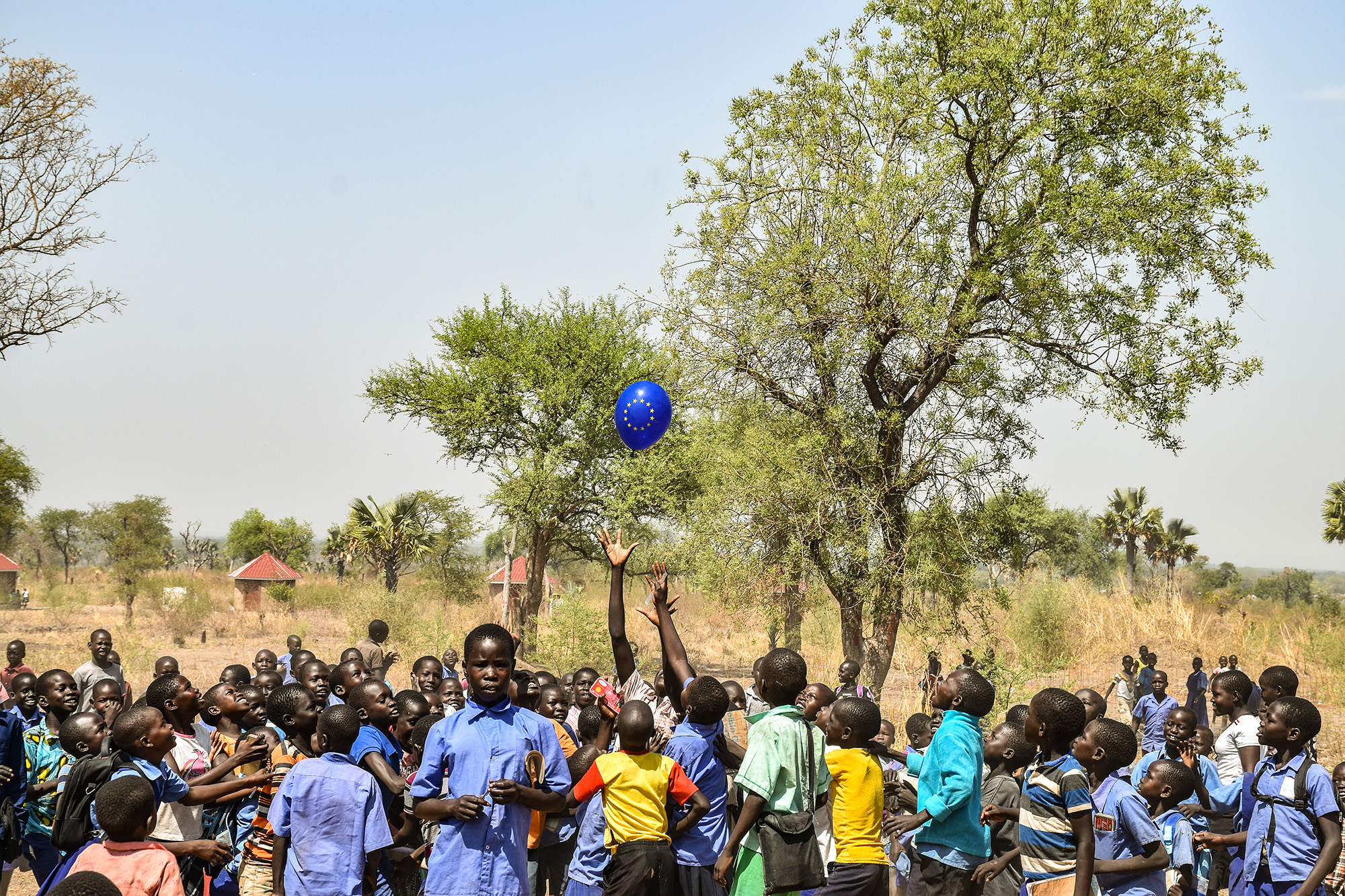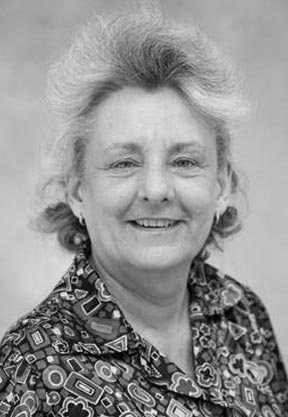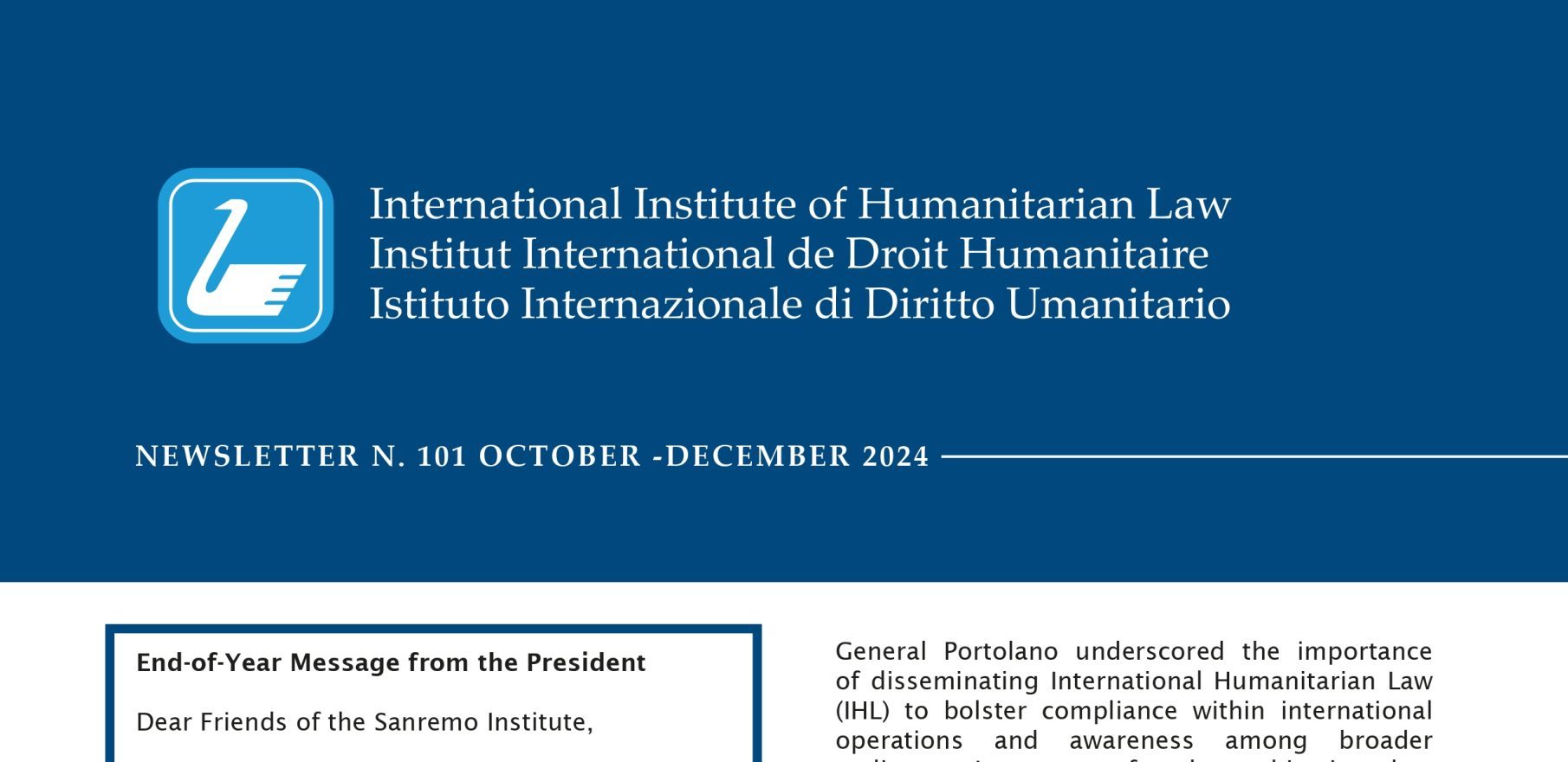
From 21 to 23 March 2022, the Institute joined the first European Humanitarian Forum (EHF), jointly organised in Brussels, Belgium, by the European Commission and the French Presidency of the Council of the European Union.
The EHF, first of its kind, addressed the most urgent humanitarian needs by bringing together EU and non-EU humanitarian bodies, UN agencies, governmental institutions, non-governmental organisations, the Red Cross/Red Crescent Movement, international financial institutions, academics, think tanks, local responders and, more in general, the representatives of several organisations currently operating in areas affected by humanitarian crises.
The Forum provided the international humanitarian community with a unique platform to share strategies and good practices, as well as to engage in open debates with decision-makers at the international, European and national levels.
Throughout the event, the Institute participated in some of the specific thematic sessions devoted to key humanitarian issues, such as “Boosting and pooling European training plans on IHL”, “Humanitarian civil military coordination: an enabler of international humanitarian law”, “Strengthening security in high-risk areas”, “Hunger and conflict”, “The humanitarian consequences of urban warfare” and “Education in Emergencies: stepping up international engagement”.
The Institute also attended the Ministerial session on “Improving compliance with international humanitarian law to safeguard the humanitarian space”, space”, which hosted the Ministers of Foreign Affairs of France, Germany, Italy, Finland, Estonia and the representatives of Greece, Romania, Poland and Slovenia. This high-level session was enriched by the participation of the European Commissioner for Crisis Response Janez Lenarčič, the EU Special Representative for Human Rights, Eamon Gilmore, and Member of the European Parliament Maria Arena.
The UN system was represented by the Under-Secretary-General for Humanitarian Affairs and Emergency Relief Coordinator, Martin Griffiths, the High Commissioner for Refugees, Filippo Grandi, and the OHCHR Assistant Secretary-General for Human Rights, Ilze Brands Kehris. Finally, the interventions of the ICRC Director-General Robert Mardini, the Secretary-General of the Norwegian Refugee Council Jan Egeland and the Director of the Geneva Academy of IHL Gloria Gaggioli concluded the works of the panel.
Furthermore, during the Forum, the Institute had the occasion to meet an official of the Directorate-General for European Civil Protection and Humanitarian Aid Operations – the Directorate of the European Commission dealing with overseas humanitarian aid and civil protection – to explore possible future opportunities for collaboration and synergies in the field of capacity building and training in IHL, human rights and refugee law.





![New vacancy: Junior Collaborator – Special Projects Department [CLOSED]](https://iihl.org/wp-content/uploads/2022/09/vacancies.png)
